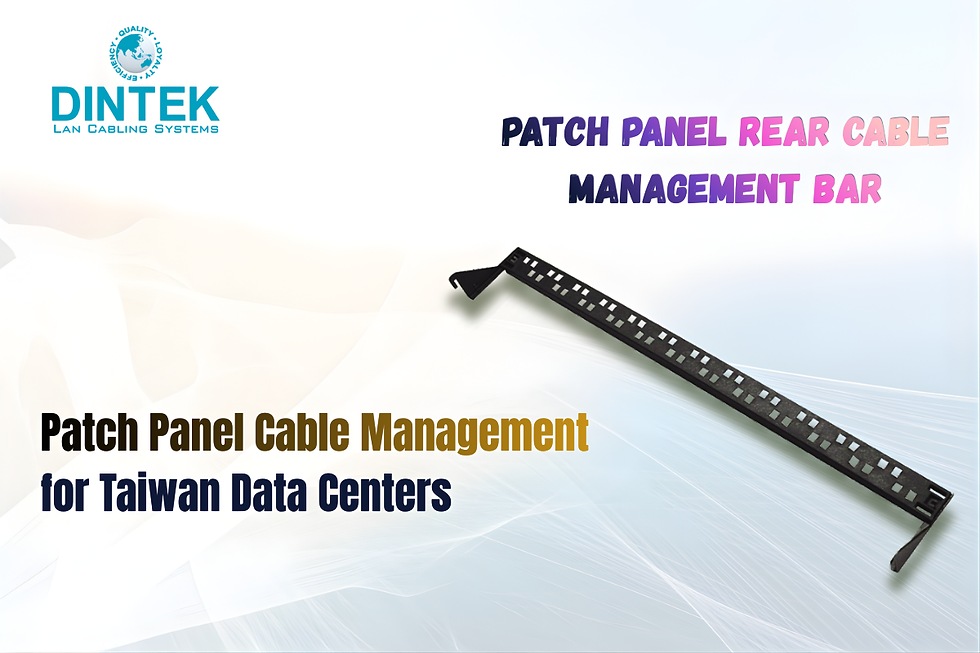Choosing Between Copper And Fiber Optic Cables
- dinteklancabling
- Oct 14, 2020
- 2 min read

If you are planning on installing Ethernet cables at your facility, you will have to make some important calls to avoid wastage of time, money and to gain productivity. For LAN cabling, the first and perhaps the most crucial thing to do is choose between the two major cable types available that are fiber optic cables and copper cables.
When you are not aware of the difference in features between the two, you are going to make a wild pick. And let’s be honest, that isn’t a way to make any big decision, especially when it comes to businesses. So to make network cables shopping easier for you, we will list down some basic points that you can go through to understand which cable is meant for you.
Long-Distance Data Transmission
The distance to which someone needs to transmit data differs from one industry to another. The farther you send information, the more it starts to degrade. So which cable is ideal for such businesses that require data transmission over long distances? It has been observed that fiber optic cables are very much capable of sending data for miles without affecting the signal quality at all.
Connection For A Small Number Of Users
Another main thing that you must keep in mind for industrial cabling is your workspace is the number of users. Since fiber optic cables are preferred for long-distance, these are also costlier. On the other hand, if you need a network for limited space and people, copper cables are perfect for you. You will have a faster network, quality internet at a reasonable price.
Highly Secure Network
If we talk about the security of information, fiber optic cables are always the top priority. The reason being the fact that it doesn’t send electrical signals that are very much likely to be tapped. As far as safety is concerned, when a fiber cable gets damaged, the optical fiber is detected immediately. However, when a copper wire gets broken, it can lead to fire causing a risk to both property and life.
Bandwidth
When it comes to the bandwidth, fiber optic cables provide 10,000 times better bandwidth than Cat 7 cable system or any other copper cable. Copper cables have limited bandwidth. Bandwidth can be explained as the maximum data transfer that a particular network can provide. While looking up for these cables, make sure you do not confuse bandwidth with the internet speed as bandwidth is the speed of data transferred and not the internet speed itself.
Conclusion:
Your choice of network cable shouldn’t depend upon others. It should be decided according to your business needs. The factors mentioned above are some of the main points that will allow you to choose wisely. Once you have made your pick, check out DINTEK to shop for different copper and fiber internet cables at reasonable rates.



Comments